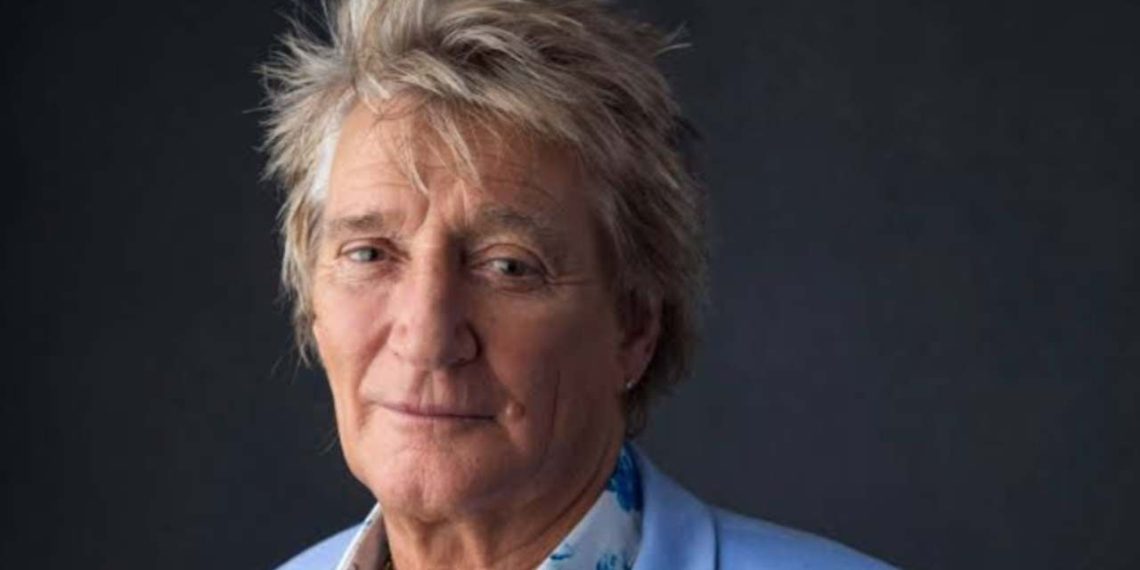Few rock stars achieve the zenith of success in isolation. Except for The Beatles, who amassed millions of fans solely through their music, most artists depend on a supportive network of friends to ignite their careers—be it through mentorship, musical collaboration, or industry guidance.
Although Rod Stewart has encountered numerous rock legends in his career, he attributes his transition into a professional singer to Long John Baldry.

Before Stewart embarked on his musical journey, Britain experienced a significant shift in its music landscape.
Enthralled by the sounds of 1950s rock and roll, The Beatles and The Rolling Stones spearheaded the first British invasion abroad, showcasing the potential of full bands to dominate the global music scene, diverging from the era of solo artists.
As pop bands vied for chart-topping success, the underground music scene teemed with artists seeking to channel their emotional depth into the blues.
Amidst years dominated by jazz bands on the airwaves, these artists drew inspiration from various strands of American blues, be it the Chicago blues of Muddy Waters or the haunting guitar melodies of Robert Johnson.
Despite the guitar’s prominence, delivering a blues song with authenticity required a powerful vocalist. While remarkable singers such as Sleepy John Estes and Howlin’ Wolf demonstrated how to truly embody the blues, Long John Baldry emerged as a distinct talent, releasing his initial blues albums while The Beatles were filming A Hard Day’s Night.
Performing alongside Baldry demanded skill and talent, leading to encounters with two future megastars. Before reaching the pinnacle of fame, Stewart honed his craft singing and playing harmonica in Baldry’s band, while pianist Reggie Dwight, later known as Elton John, showcased his piano skills behind them.
As repetition set in with the same blues repertoire, Stewart sought new opportunities, eventually joining The Faces and later collaborating with Jeff Beck.
Though Stewart’s breakthrough came later, he attributed his foundation to Baldry, acknowledging him as his mentor.

In light of Baldry’s passing, Stewart would credit him for his entire career, telling,
“He was everything. Absolutely everything. He not only got me started … He found me drunk, singing on Twickenham railway station, playing harmonica. I loved him so much. It’s time I wrote a song about him”.
Despite the stark contrasts in their performance styles, Baldry and Stewart shared several similarities in their approach to their craft. Rather than merely striving to entertain, both were committed to the long-term journey, persevering through challenges until they established themselves as the best artists they could be.
While many musicians enter the industry for enjoyment, Baldry instilled in Stewart the understanding that life as an entertainer is not solely about pleasure—it’s a dedicated lifestyle.





